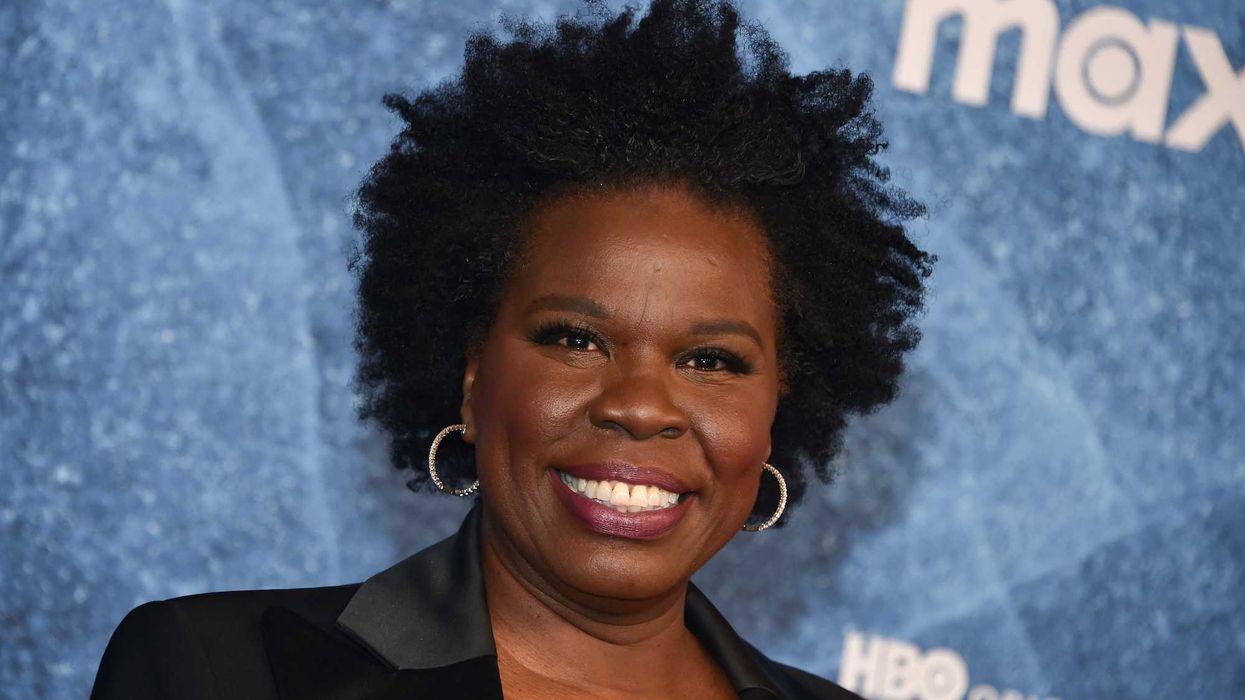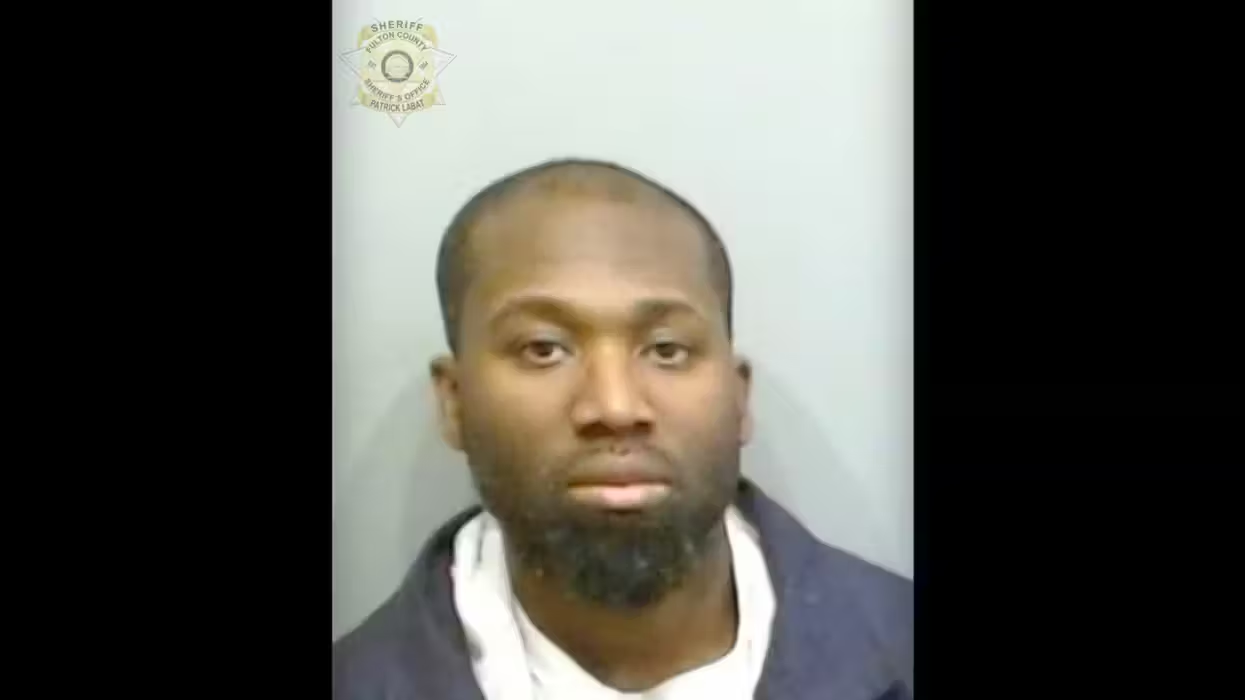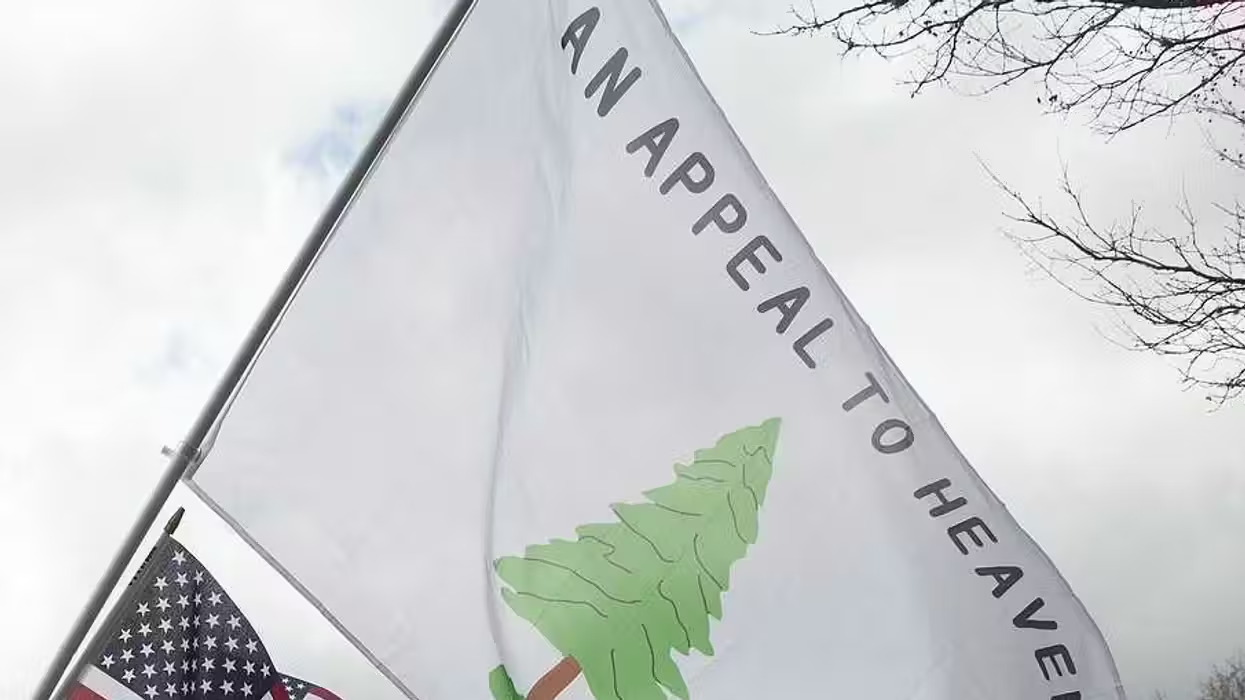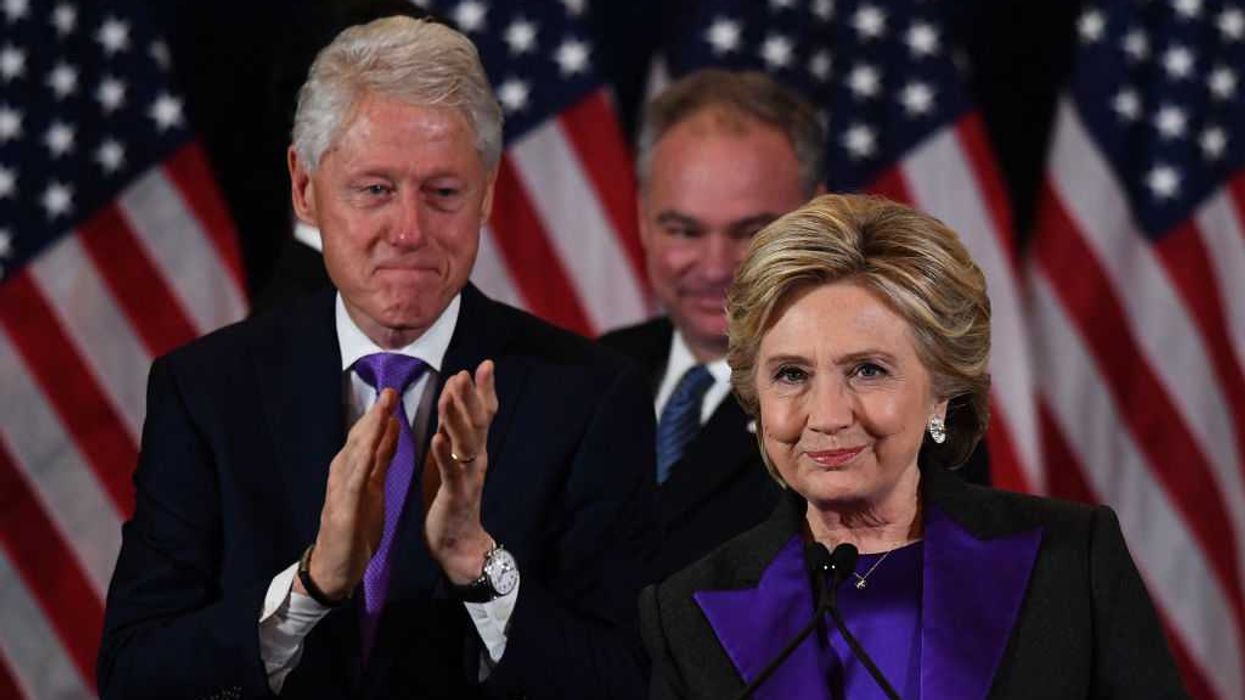Europeans have been pioneering far-reaching human rights for a while — and a Tuesday European Court of Justice ruling is adding a new item to the list: "the right to be forgotten."
But could the ruling enable new levels of government censorship of the Internet?
The court's ruling is in favor of Spanish man Mario Costeja González, who was ostensibly embarrassed by the fact that Internet searches of his name turned up a 1998 newspaper article about his home's repossession and auction.
 A man with a scarf with a Spanish flag and reading 'Justice' as he gathers with thousands of Spaniards at a Plaza de Colon protest in 2013. (AFP Photo/Gerard Julien)
A man with a scarf with a Spanish flag and reading 'Justice' as he gathers with thousands of Spaniards at a Plaza de Colon protest in 2013. (AFP Photo/Gerard Julien)
The court didn't tell the newspaper to remove the article -- it ordered Google to strike the article from search results.
Wikipedia founder and anti-Internet censorship activist Jimmy Wales spoke out against the ruling in an interview with the Atlantic.
"As far as I know, this is unprecedented," Wales told the publication. "It is certainly shocking to have come from the EU rather than from an authoritarian state."
Wales pointed to a particularly bizarre feature of the case: the offending article on González was based on information gleaned from public records.
"I do not know of any similar case where on the one hand a government publishes information, and on the other hand punishes telling people where to read it," Wales said.
The ruling likely won't affect Google's American operations, but it sets a dangerous precedent for government control of information across the pond.
"Suppose, as seems likely due to the noise in this case, the legal and truthful information that Google is supposed to suppress is repeated in major news sources, blogs, tweets," Wales told the Atlantic. "Is Google required to start censoring large swathes of the web? Are they required to build a complex censorship engine to block true information that a court has ruled must not be linked to? It's crazy."
—

 A man with a scarf with a Spanish flag and reading 'Justice' as he gathers with thousands of Spaniards at a Plaza de Colon protest in 2013. (AFP Photo/Gerard Julien)
A man with a scarf with a Spanish flag and reading 'Justice' as he gathers with thousands of Spaniards at a Plaza de Colon protest in 2013. (AFP Photo/Gerard Julien)






